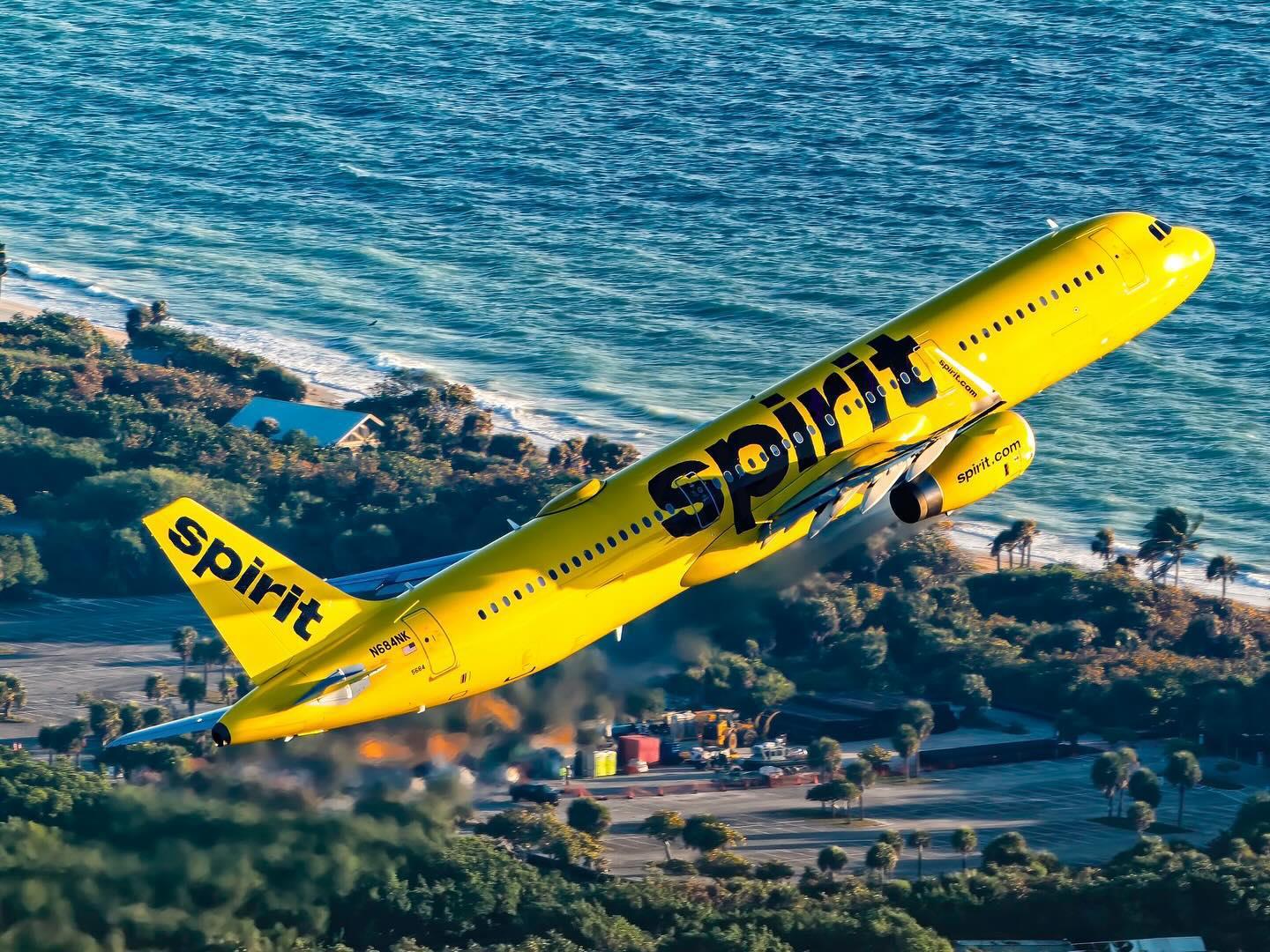Spirit Claims Rivals Aim to Undermine Amid De-listing
In a dramatic turn of events, Spirit Airlines has announced allegations against its competitors, accusing them of employing underhanded tactics to undermine the company during its critical phase of transitioning to a private entity. With the de-listing process already underway, Spirit’s claims add a new layer of complexity to the airline’s strategic repositioning and market presence. As stakeholders and industry enthusiasts watch closely, the conflict underscores the cutthroat nature of the airline industry.
Spirit Alleges Competitors’ Tactics Amid De-listing

As Spirit Airlines navigates its de-listing from the stock market, the company has made bold accusations against several rival airlines, claiming they are engaging in practices aimed at destabilizing Spirit’s operations. According to Spirit’s spokesperson, these tactics include aggressive pricing strategies and an intensified marketing push targeting Spirit’s primary customer base. The timing of these actions, Spirit alleges, is no coincidence, as the company is currently focused on the intricacies of transitioning to a private entity.
The accusations have naturally drawn significant attention from industry analysts and regulatory bodies. The airline sector, already known for its fierce competition, could see increased scrutiny if these claims are substantiated. Spirit asserts that the actions of its competitors are not just typical business maneuvers but are strategically orchestrated to exploit Spirit’s vulnerable period during its de-listing phase. This has raised questions about the ethical boundaries of competitive strategies in the industry.
Despite the potential challenges posed by these allegations, Spirit remains committed to its de-listing plan. The airline has reassured its stakeholders that it is taking all necessary measures to protect its interests and maintain operational stability. Spirit’s leadership has expressed confidence in their ability to counter any adverse impacts from the alleged tactics, emphasizing their focus on long-term growth and service enhancement as a private company.
Companies Accused of Undermining During Transition

The companies accused by Spirit Airlines have responded with denials, categorically rejecting any claims of foul play. Several industry giants, who were named by Spirit, have stated that their current strategies are in line with normal competitive practices. They argue that the allegations are an attempt by Spirit to deflect attention from its own strategic challenges during the de-listing process. This back-and-forth has created a tense atmosphere among the major players in the airline industry, with each side defending its business conduct.
Industry experts note that such accusations are not unprecedented, particularly in sectors where competition is intense and margin pressures are high. However, the specificity and timing of Spirit’s claims have sparked a debate about the ethical considerations companies must navigate during transitional phases, such as de-listing or mergers. These transitions inherently draw rivals’ attention, often resulting in heightened competitive actions that can blur the lines between legitimate business strategies and unethical practices.
Meanwhile, the impact of these accusations on Spirit’s de-listing process remains to be seen. While Spirit has chosen to highlight these alleged tactics publicly, the company is also aware of the potential reputational risks involved. As a result, Spirit is likely to proceed with caution, ensuring that their internal processes and stakeholder communications remain robust and transparent. The situation has also led to increased interest in how Spirit plans to navigate its future as a private entity, free from the constraints and scrutiny of public stock market requirements.
As Spirit Airlines embarks on its journey to transition into a private company, the allegations against its competitors have added an unexpected twist to the process. Regardless of the outcome, this episode serves as a reminder of the highly competitive and, at times, contentious nature of the airline industry. As the dust settles, industry observers will be keen to see how Spirit and its rivals maneuver through these turbulent times, potentially setting precedents for competitive conduct in transitional business phases.



